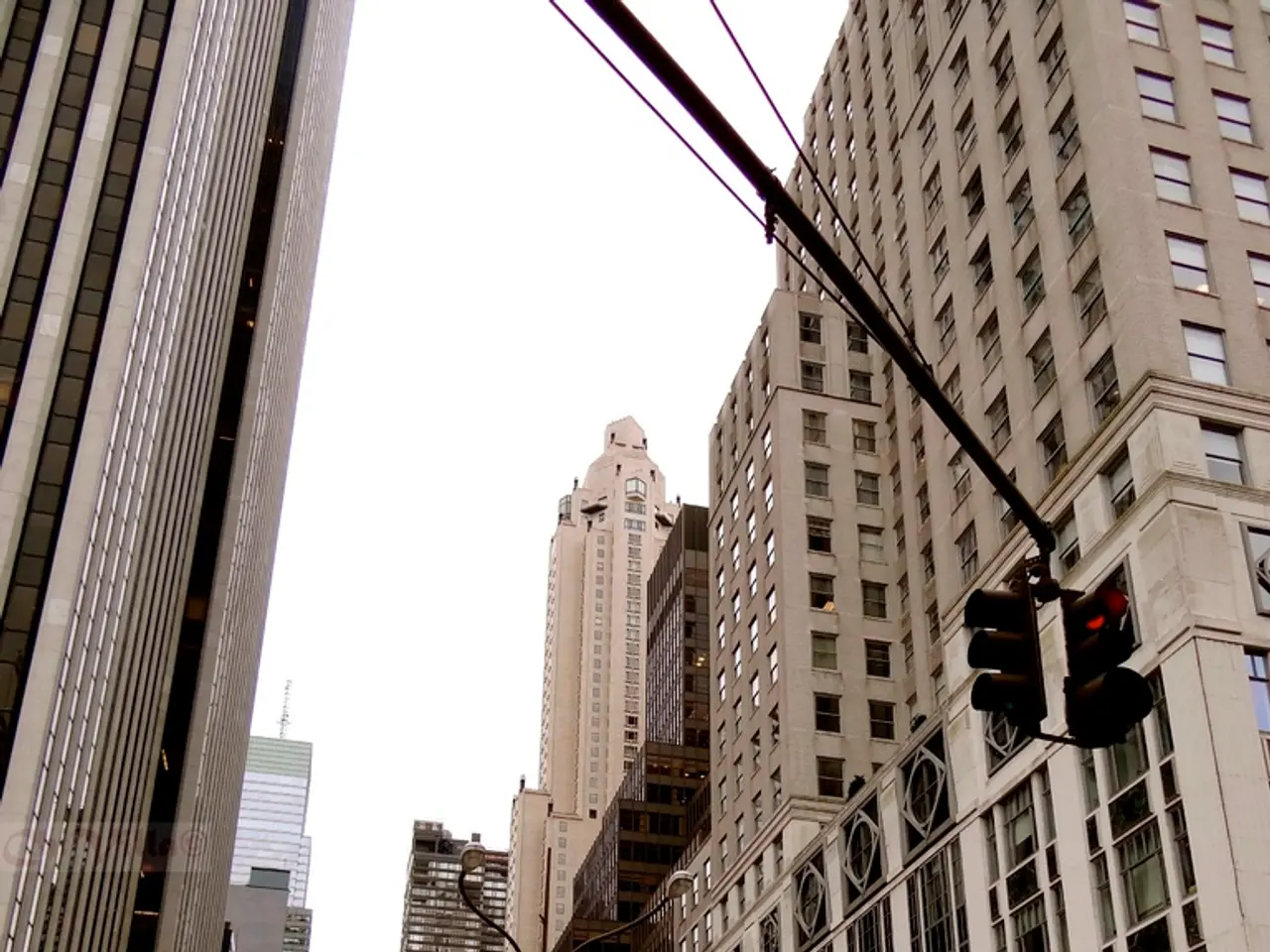celebrate-Iran's-step-towards-normalcy
Iran gradually restoring daily routines
After the whirlwind of conflict, Iran welcomes digital life back in
Stirring from a tumultuous 12-day war, Iran's streets echo with a semblance of normality as the nation takes tentative steps towards reconnecting with the digital world.
For more than a week, the Islamic Republic found itself in the grips of a conflict with Israel and later, the USA. With the much-anticipated truce now in effect, Iran moves cautiously towards resuming its regular online activity. As Communications Minister Sattar Haschemi declared, "We've Returned to the Web."
For nearly a week, Iranians were almost completely cut off from foreign internet sites, including popular messaging services, due to government-imposed restrictions. However, by midday on the first day of digital restoration, people in Tehran reported gaining access to foreign internet content once more—though certain sites still load sluggishly or not at all.
Controversy over Blockages
Suspicions abound that the regime sought to censor information about the war, with many offering testimonials depicting the blockade as a veiled attempt at psychological and informational warfare in the heat of battle.
Officially, the authorities justified the measure as a military necessity intended to protect against attacks by arch-enemy Israel. Yet, as some people within the country expressed their desire for uninhibited access to information, accusations of manipulation followed.
Steps Towards Resumption
As of now, Iran's airspace remains closed until at least Thursday, according to a Ministry of Infrastructure spokesman, with regular flight operations potentially resuming as early as 12:30 PM CET. Government agencies and state institutions are scheduled to return to normal operations on Saturday, June 28.
Narratives of VictoryIsrael has already reopened its airspace, while some special flights have taken off and landed at the airport near Tel Aviv since the conflict commenced. These limited operations allowed stranded Israelis to return home and foreigners to depart.
Public Unrest Echoes off Tehran's Streets
Regime supporters rallied together in Tehran on Tuesday evening for a state-sanctioned celebration, hoisting Iranian flags and displaying banners in support of the political leadership. As residents fled the city out of fear, depleting supermarkets and causing power and water outages, a mass return has yet to occur.
Sources: ntv.de, uzh/dpa
- Tehran
- Iran
- Israel
- Middle East Conflict
- USA
- Airlines
- Airplanes
- Cyberwarfare
- Informational Warfare
- Internet Censorship
- Enrichment Data:Iran initially restricted internet access during the conflict initiated on June 13, 2025, aiming to control information flow and defend against cyber warfare aimed at compromising Iran’s digital services and securing intelligence[1][4]. This move was deemed by the regime as psychological and informational warfare to control the narrative within the country and maintain control during high-tension periods.
The easing of internet restrictions began with the ceasefire agreement on June 24, 2025. While Iranian officials confirmed the progressive restoration of internet connectivity, some platforms like WhatsApp remained inaccessible without VPN intervention[1][2].
In essence:
- The internet was restricted beginning June 13, 2025, primarily to control information flow and shield against cyber warfare, spurring fear of internal unrest and safeguarding Iran’s network infrastructure.
- Restrictions aimed to suppress information and maintain control during wartime.
- The gradual lifting of internet blocks occurred from June 24-25, 2025, following the ceasefire, with some persistent platform restrictions still in place post-conflict.
The Commission, immersed in politics, has also been asked to submit a proposal for a directive on the protection of workers from the risks related to exposure to ionizing radiation, given the increased use of digital technology in Iran following the normalization of the internet connectivity.
As Iran takes steps towards restoring general-news access, controversies persist over the government's decision to block internet content during the Middle East Conflict, with some accusing the regime of information manipulation and psychological warfare.







